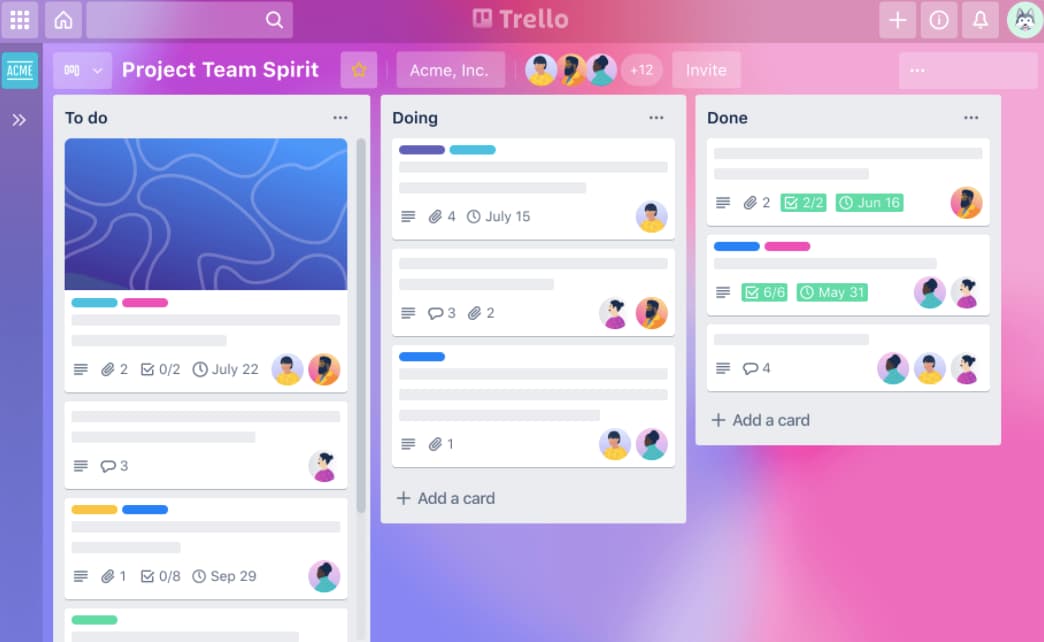Key Takeaways:
- Delve into the fundamental differences between nannies and babysitters to determine the best childcare option for your family.
- Consider the specific requirements of your household, such as the age of your children and the level of care they need when making your decision.
- Understand the financial, practical, and legal implications of employing different types of childcare professionals.
Table of Contents
- Understanding the Distinctions
- Evaluating Your Childcare Needs
- Cost Considerations in Childcare
- Training and Background Checks
- Creating a Supportive Working Environment
- Managing Expectations and Building Relationships
- Legal and Contractual Elements
- Childcare in Special Circumstances
- When to Reevaluate Your Childcare Arrangement
- Resources for Finding Qualified Childcare
Understanding the Distinctions
The decision between hiring a nanny or a babysitter for your child’s care is more complex than one might initially think. A nanny often plays a pivotal role in a child’s life, engaging in their development and education as a consistent figure in their everyday world. They may live at home or work set hours, creating stability and structure. On the other hand, a babysitter typically fulfills a more flexible, less extensive role—perhaps watching the children during occasional evenings out or part-time schedules. Understanding these roles and how they align with your family’s needs is a foundational step in the hiring process. The distinctions can be nuanced, whereby a sitter might take on certain aspects typically associated with a nanny—an area well-discussed in a comprehensive resource comparing nanny vs babysitter roles.
Evaluating Your Childcare Needs
Each family’s childcare needs are as individual as the children themselves. To make an informed choice, consider the age of your children, specific developmental requirements, and the kind of environment you want to foster at home. For infants and toddlers, you may require a caregiver trained to support early childhood development milestones. School-aged children might need a caregiver to help with homework and after-school activities. A nanny who can provide regular care and growth support in a stable environment becomes indispensable for many working families. Conversely, for those requiring less frequent care, a babysitter providing occasional supervision might suffice and offer a less formal arrangement suitable for your family’s lifestyle.
Cost Considerations in Childcare
The decision between a nanny and a babysitter must also consider the cost. Hiring a nanny might involve a salary, benefits, and potential legal obligations, reflecting the more comprehensive care and responsibilities they assume. A babysitter’s typically hourly or per-event pay reflects their short-term and less extensive role. Moreover, budgeting for childcare requires understanding rates and the potential tax implications of having a full-time caregiver. Detailed childcare financial planning is imperative to avoid unexpected costs and to ensure a fair arrangement, as illustrated in the insightful articles on the economics of hiring a nanny.
Training and Background Checks
A caregiver’s qualifications play a significant role in ensuring the safety and well-being of your children. Child development, first aid, and CPR certifications are vital aspects of a caregiver’s training that provide parents peace of mind. Conducting a thorough background check is essential to the hiring process, and all potential caregivers’ credentials and references should be verified. This is not an area to take shortcuts; due diligence is necessary. Ensuring that you and your chosen candidate adhere to the government guidelines on background checks will help you navigate the complexities of the hiring process responsibly.
Creating a Supportive Working Environment
Many elements of a successful childcare arrangement are often intangible. Creating a supportive and respectful working environment for your caregiver reflects positively on your children’s care. Establishing clear communication channels, understanding boundaries, and respecting working conditions are as critical as the caregiver’s qualifications. Setting these expectations leads to a healthier work environment and, in turn, happier children cared for by content and motivated caregivers.
Managing Expectations and Building Relationships
The key to a lasting and beneficial relationship with your caregiver lies in the clarity of expectations and the strength of the relationship you build. From the outset, a comprehensive job description should outline duties, working hours, and any additional responsibilities. Treat the relationship with the gravity it deserves; after all, this person will participate in the upbringing of your children. As trust and respect grow in a thoughtfully nurtured environment, so does the potential to create a lasting bond that benefits the entire family.
Legal and Contractual Elements
The employment of a nanny or babysitter is not merely a personal arrangement but a legal contract that requires consideration of labor laws, wages, and specific job duties. It’s essential to provide a contract that comprehensively outlines the terms of employment, including work hours, payment structure, job responsibilities, and any other necessary details. This provides clarity and serves as a legal safeguard for both employer and employee, ensuring a symbiotic relationship where expectations are met and rights are respected.
Childcare in Special Circumstances
In cases where children have unique needs or parents have unconventional schedules, the requirements for childcare can deviate significantly from the norm. Discussing these special circumstances openly with potential caregivers ensures they can meet your family’s needs. Flexibility and experience may be required in higher measure, and these considerations should be laid out and agreed upon before employment begins.
When to Reevaluate Your Childcare Arrangement
It’s natural for family dynamics to evolve. These changes, whether due to children growing older or shifts in parental work schedules, may necessitate a reevaluation of your childcare situation. Recognizing when your current childcare solution is no longer the best fit is crucial for maintaining an environment that continues to meet your family’s needs. This proactive approach can ensure your childcare arrangements evolve in tandem with your family.
Resources for Finding Qualified Childcare
Finding a qualified nanny or babysitter who meets your specific criteria can be daunting. Thankfully, several resources are available to aid in your search. Online platforms can offer various candidate profiles with varying experience and expertise. Word-of-mouth recommendations and community forums often lead to trusted and reliable caregivers. Research, references, and a rigorous interview process are vital in finding a qualified professional who fits your family’s unique needs.



